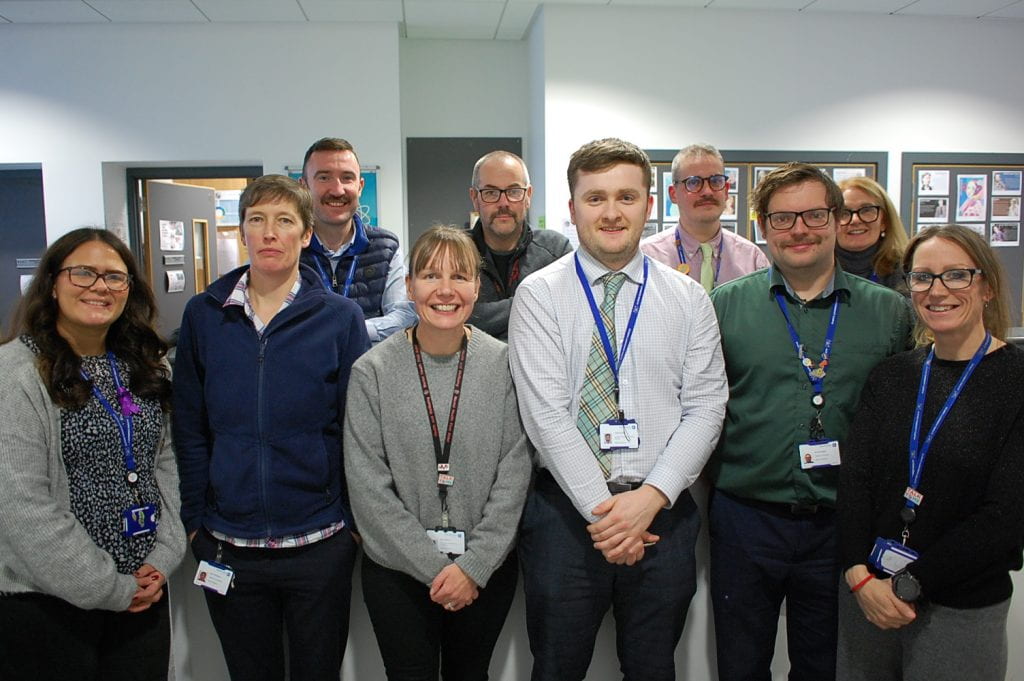Movember
Over the month of November, staff at Alford Academy have been fundraising for Movember. Movember is a charity that supports men going through a difficult period due to poor mental health; testicular cancer; or prostate cancer.
Staff had the option of undertaking two possible challenges: a moustache growing challenge or a Move-It challenge. Those who embarked on the Move-It challenge were to walk, run or cycle 60km. This is to highlight the 60 men who die by suicide, every hour, globally.
The staff has been hugely successful in their fundraising efforts, sitting with a total of £920 raised.
